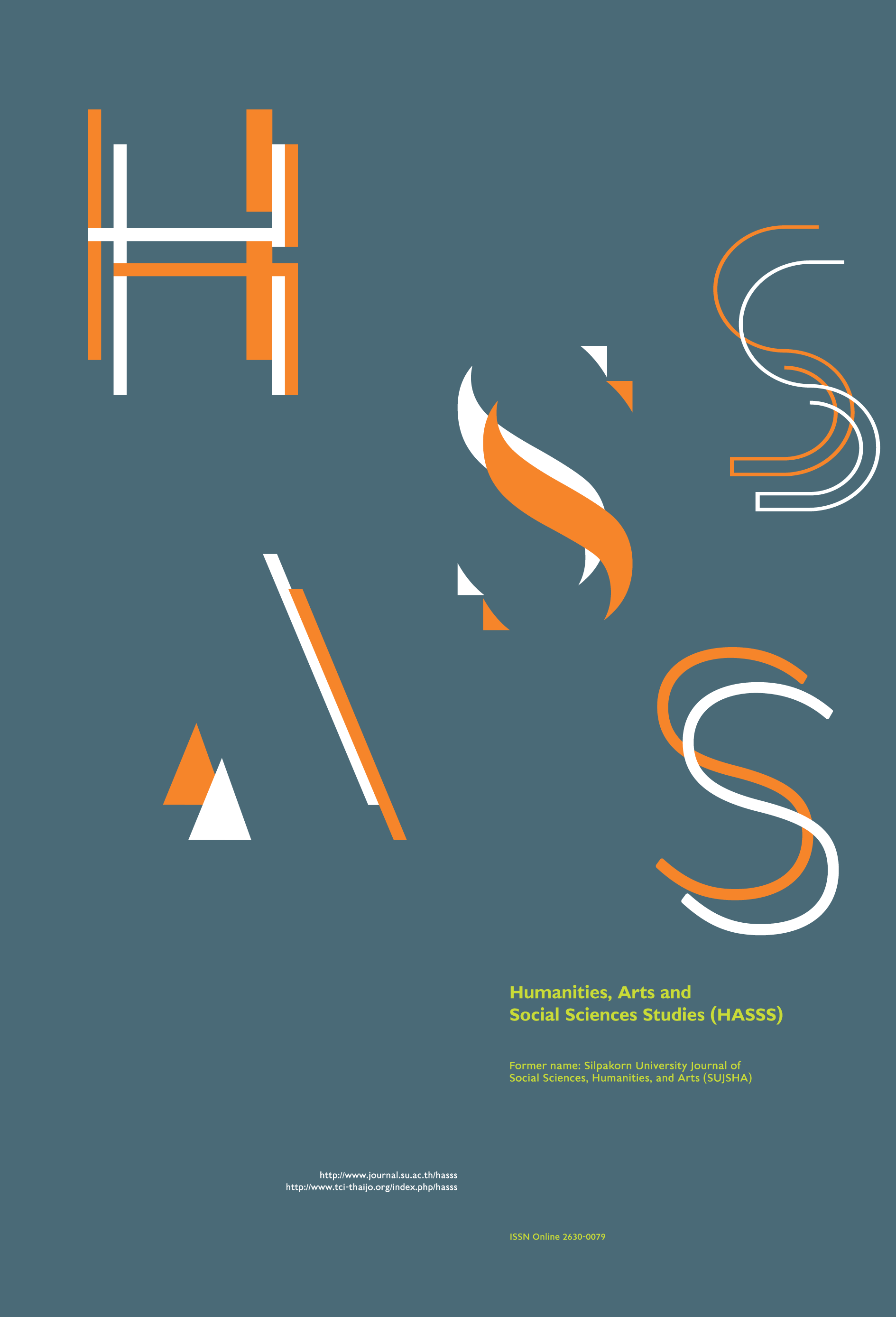Learning @ home: The voice of a homeschool mother
Main Article Content
Abstract
The objective of this article is to examine 2 years experiences of a homeschool mother about the learning process of two homeschool learners through learning theoretical framework to answer the key question “No school but gain knowledge” by using autoethnography as the instrument to pass on the life narratives. The results of the study were concluded as follows: The learning process of two homeschool learners started from staying in the environmental that contributed to learning. The learners felt happy, safe from both inside and outside which encouraged them to be curious by natural learning. Therefore, the learners tried to get the answers by planning, practicing, and evaluating by themselves which led them to improve their next learning process. This process made them success in their way. However, It’s important of a homeschool mother to engage lifelong learning and created the environment to make them achieve goals. And leaners must have a discipline and ability to respond their own learning.
Downloads
Article Details
All rights reserved. Apart from citations for the purposes of research, private study, or criticism and review,no part of this publication may be reproduced, stored or transmitted in any other form without prior written permission by the publisher.
References
Chaloemchai, Y. (2004) The research report about the base of informal educational in Thai family. Bangkok: Office of the Educational Council.
Ellis, C. and Bochner, A. P. (2000) Autoethnography, Personal Narrative, Reflexivity. In Handbook of Qualitative Research, edited by Norman K. Denzin and Yvonna S. Lincoln, 2nd ed., pp. 733-768. London: Sage Publications.
Gardner, H. (1983) Frames of mind. New York: Collins Publishers.
Gray, P. (2008) The Natural Environment for Children’s Self Education. PsychologyToday. [Online URL:https://www.psychologytoday.com blog/freedom-learn/200809/the-natural-environment-children-s-self- education.] accessed on April 26, 2017.
Hiemstra, R. (1996) Self-directed learning. In International encyclopedia of adult education and training, edited by Albert C. Tuijnman, pp. 472- 433. Oxford: Pergamon.
Intasingh, S. (2016) Alternative Education: Differentiated Curriculum and Instruction. Veridian E-Journal, Silpakorn University 9(2): 1188-1206.
Knowles, M. S. (1975) Self-Directed Learning: A guide for Learner and Teacher. New York: Association Press.
Komolnimi, T. (2008) When rice and curry speaks: a narrative of a women, community and food. Bangkok: Master of Arts thesis, Thammasart University.
Lanna Homeschool Network. (Group conversation, November 21, 2015)
Meesil, N. (2017) The Process of Homeschooling and Strengthen Life and Career Skills in the 21st Century. Veridian E-Journal, Silpakorn University 10(1): 208-218.
Ministry of Education. (2008) The Basic Education Core Curriculum B.E. 2551 (A.D.2008). Bangkok: The Agricultural Cooperative Federation of Thailand.
Office of the Basic Education Commission. (2015a) Implementation Guidelines of Basic Education by Family. In Chiang Mai Primary Education Service Area Office 1, The account budget 2016 basic education by family planning, semester 2, Chiang Mai.
Office of the Basic Education Commission. (2015b) Implementation Guidelines of basic education by family. Bangkok: Aksornthai.
Office of the Basic Education Commission. (2016) An area report of Basic Education by family’s information in 2016. Edutechwiki. [OnlineURL:https://edutechwiki.unige.ch/en/Discovery_learning.] accessed on December 20, 2015.
Office of the Education Council. (2006) Family Guides: First Step in Thinking and Process about Homeschooling. Bangkok: Phrikhwangraphic.
Sariyant, T. (2002) Knowing and Understanding Through Auto/Ethnography: Narrative on Transformative Learning Experience of an International Graduate Student. Massachusetts: University of Massachusetts Amherst.


